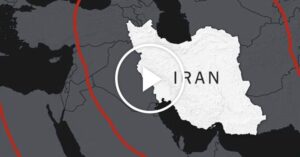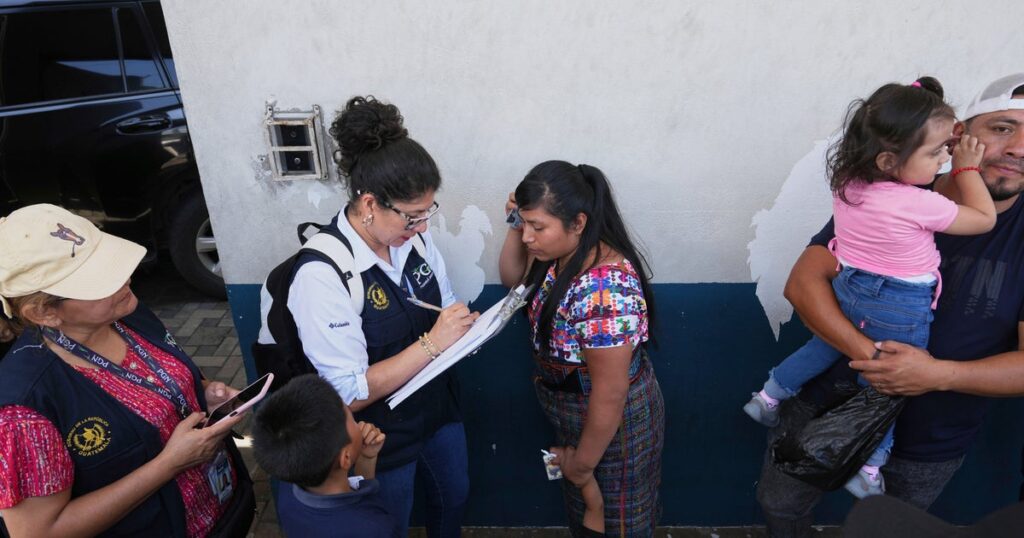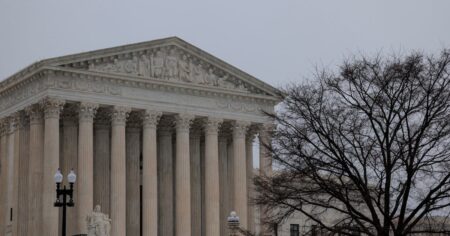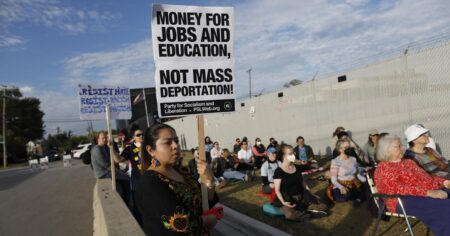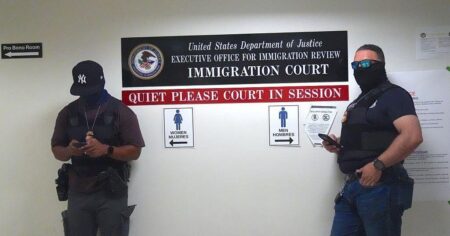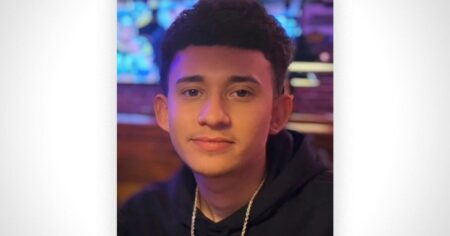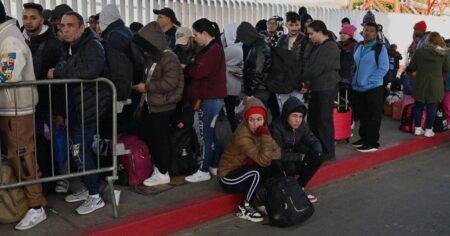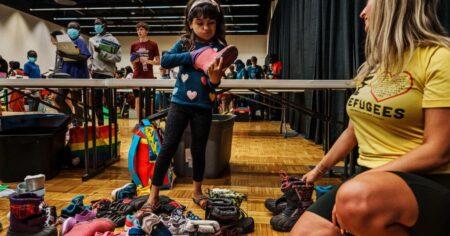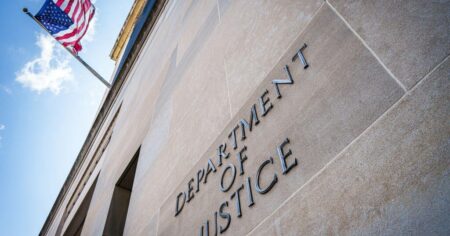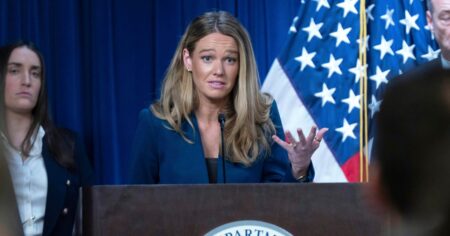A federal judge on Thursday blocked the U.S. government from deporting Guatemalan children who don’t have orders of deportation or voluntary departure, saying a Trump administration effort to remove them earlier this month was based on a faulty justification.
Judge Timothy Kelly of the U.S. District Court for the District of Columbia, who was appointed to the bench by President Trump, wrote in a 43-page ruling that the administration’s argument that it was trying to reunite a group of Guatemalan kids with family members in Guatemala “crumbled like a house of cards.”
The legal controversy started after the Trump administration attempted to expel more than 70 unaccompanied Guatemalan children over Labor Day weekend, prompting lawyers to file an emergency lawsuit in the overnight hours. The deportations were blocked by another federal judge as the unaccompanied minors were sitting in airplanes in Texas, ready to depart.
At the time, advocates said the effort was a brazen attempt to deport the Guatemalan children — some of whom have pending immigration cases in the U.S. — without due process. The Trump administration rejected those claims, saying it was simply trying to reunite the children with family in Guatemala, at the request of their relatives and the Guatemalan government.
Kelly, however, wrote in his ruling that the government’s explanation did not withstand scrutiny.
“There is no evidence before the Court that the parents of these children sought their return,” he said. Kelly cited a Guatemalan government report indicating that officials were unable to find a single parent who affirmatively wanted their children to return to Guatemala.
In that report, which was disclosed as part of the court case, the Guatemalan government said it received a list of more than 600 Guatemalan children in the U.S. who were at risk of being returned or aging out of the federal shelter system for unaccompanied minors, which would mean they could face detention by Immigration and Customs Enforcement.
Guatemalan officials said they were able to confirm the contact information for the children’s families in only 115 of these cases. The report said the families were often surprised and even annoyed when officials reached out, since they believed their children were in the process of getting legal status in the U.S.
Fifty of the 115 parents reached by Guatemalan officials said they would be willing to receive their kids if there was no other option, with the caveat that they did not want them to return to their home country. Fifty-nine parents refused to cooperate with the Guatemalan government’s effort to determine if they were able to receive their children, saying they believed their kids could stay in the U.S.
Four parents said their children had already been released from U.S. custody and placed with sponsors. In two cases, the children had already been returned to Guatemala.
Mishan Wroe, an attorney at the National Center for Youth Law, one of the groups representing the Guatemalan children who faced expulsion, hailed Thursday’s court order.
“The children we represent, who fled to the U.S. for safety, have suffered tremendously as a result of the callous and unlawful actions of our government,” Wroe said. “Our clients were terrified — many had tear-soaked faces and some were visibly shaking with fear.”
CBS News reached out to the representatives for the Departments of Homeland Security and Health and Human Services.
Under U.S. law, unaccompanied minors who enter the country without legal permission have special protections and are treated differently than adults who cross into the U.S. illegally.
Unaccompanied minors, for example, are not eligible for expedited deportations and must be transferred to shelters overseen by the Department of Health and Human Services, unless they are from Canada or Mexico. HHS is required to house these minors until they turn 18 or until they can be placed with a sponsor in the U.S., such as a relative. During that process, many migrant children apply for immigration benefits like asylum or special visas for at-risk youth to try to stay in the U.S. legally.
The Trump administration has sought to overhaul the way the U.S. treats unaccompanied children, tightening vetting procedures for those seeking to sponsor them out of government custody and offering some minors the option to return home voluntarily.
The administration has also dispatched ICE officers across the country to conduct so-called “welfare checks” on unaccompanied minors released from federal care, an effort it has said is in response to disputed claims that the Biden administration “lost” hundreds of thousands of migrant children.
Read the full article here



